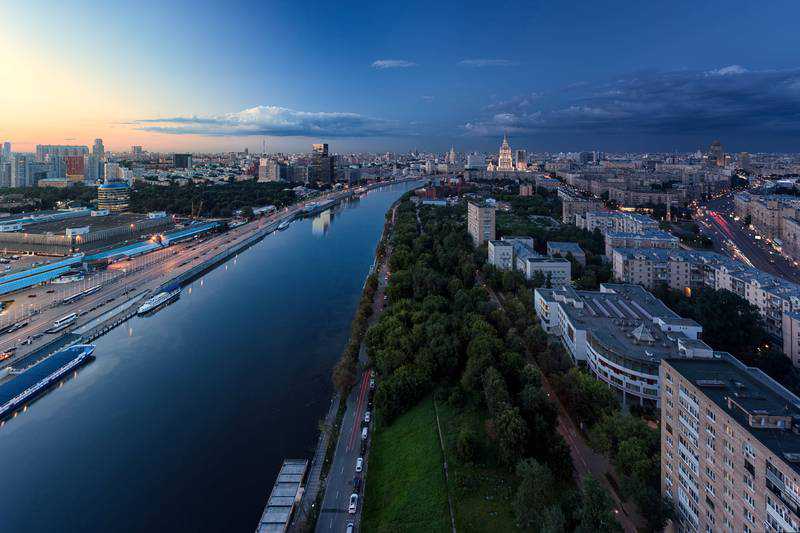Russian tycoons make billions amid property market boom
25 September, 2021

Russia’s property tycoons are minting vast fortunes after a government move to boost the market during the pandemic helped spur a housing boom.
Sergei Gordeev, the controlling shareholder, chairman and chief executive of PIK Group, has seen his net worth more than double this year to $8.9 billion, according to the Bloomberg Billionaires Index, as shares in Russia’s biggest developer surged. Pavel Golubkov and Mikhail Kenin’s stakes in their property firm Samolet Group are each worth more than $1bn after its stock has soared more than fivefold in 2021.
Real estate markets across the world have been red-hot during the coronavirus outbreak, supported by low interest rates, reduced supply and demand from people who are stuck at home and buying larger residences or making new investments.
Those factors are also at play in Russia, but there is another important reason: President Vladimir Putin’s government introduced a mortgage-subsidy programme in April 2020 to stimulate demand amid the pandemic and a slump in the country’s key export, oil.
Property prices have since taken off, and Samolet says the good times have room to run.
There is “huge” demand for housing, chief executive Anton Elistratov said, pointing to large flows of people into Moscow and St Petersburg, the country's two biggest cities. “But the supply is very limited.”
Russia’s housing prices jumped 14.4 per cent in the 12 months through June compared with a year earlier, according to Knight Frank’s Global House Price Index report. This put the country in the top 10 globally for price growth. Mortgage originations rose to 545bn roubles ($7.5bn) in June, up 150% from the same month in 2019, according to Russian real estate research firm Cian.
“The pandemic made people stay at home,” said Yury Ilin, PIK’s vice president for capital markets and corporate finance. “They realised they want bigger places to live and had enough time to find them. Plus, they didn’t travel much and spent more domestically.”
But as early as last July, officials were warning about the sustainability of the boom.
Coronavirus subsidies risk inflating a housing bubble in the country among people who are not solvent enough to take out mortgages, Deputy Finance Minister Alexey Moiseev said that month.
“A mortgage is a loan for many years and it must be paid,” Bank of Russia governor Elvira Nabiullina said last week in an interview with local media RBC Daily. “There should be an appropriate level of family income for it.”
Adjusted for inflation, Russian incomes have been sliding for much of Mr Putin’s two most recent presidential terms, hurt by weak economic performance and accelerating inflation.
In June, Mr Putin ordered that the mortgage-subsidy programme be extended by one year to July 2022, but with tightened conditions. The government increased the subsidised rate for buying new apartments to 7 per cent from 6.5 per cent and cut the mortgage limit countrywide to 3 million roubles from 12m roubles in Moscow and St Petersburg and 6m roubles in other regions.
In a report in August, the central bank said the risk of the mortgage market overheating had decreased as a result of factors including the changes to the programme.
Mr Gordeev owns 59 per cent of PIK, which focuses on building housing, primarily in Moscow. The company reported revenue of $5.3bn last year. Its stock is up 148 per cent in 2021.
Mr Golubkov and Mr Kenin founded Samolet in 2012 as a developer focused on mass market high-rise apartment blocks on the outskirts of Moscow. They and their partners sold almost 10 per cent of the company this month to the billionaire God Nisanov. Samolet’s shares have risen 483 per cent in 2021.
“At the moment Samolet stock looks heavily overbought and we expect a correction,” said Finam analyst Natalia Pyreva. “The change in terms of the mortgage-subsidy programme will lead to a slowdown in demand in the second half of this year, while supply in the market is growing. It should stabilise housing prices.”
Source: www.thenationalnews.com
TAG(s):
